COMMENT By Solace Chukwu
There was more at stake than the three points from Saturday's game against Seychelles. While victory was obviously welcome, and puts Nigeria within a point of the group summit, what was in contention was the continued enthusiasm of the Super Eagles supporters.
Simply put, it was imperative to determine whether the lessons of the World Cup had been learnt, whether the excessive caution with which Gernot Rohr sabotaged his own side in Russia would now be cast aside.
Usually, it is difficult to be critical of a 3-0 win, and yet, coming away from the experience, there was no satisfaction.
This was an unconvincing win by a team that continues to lack conviction in any idea, and that, for all its dominance, was unable to create clear openings against opposition ranked 100 places lower and whose players are mostly only part-timers.
Was it really necessary to have both Wilfred Ndidi and Ogenyi Onazi at the base of midfield, especially considering that, with Chidozie Awaziem and Bryan Idowu at full-back, there would be little forward impetus anyway?
Their lack of real quality or incision with the ball has been a running problem with the team, for all their endeavour, Seychelles were never going to offer the sort of threat that necessitated two dedicated ball-winners in the middle of the park. Surely, a more incisive passer would have even preferable?
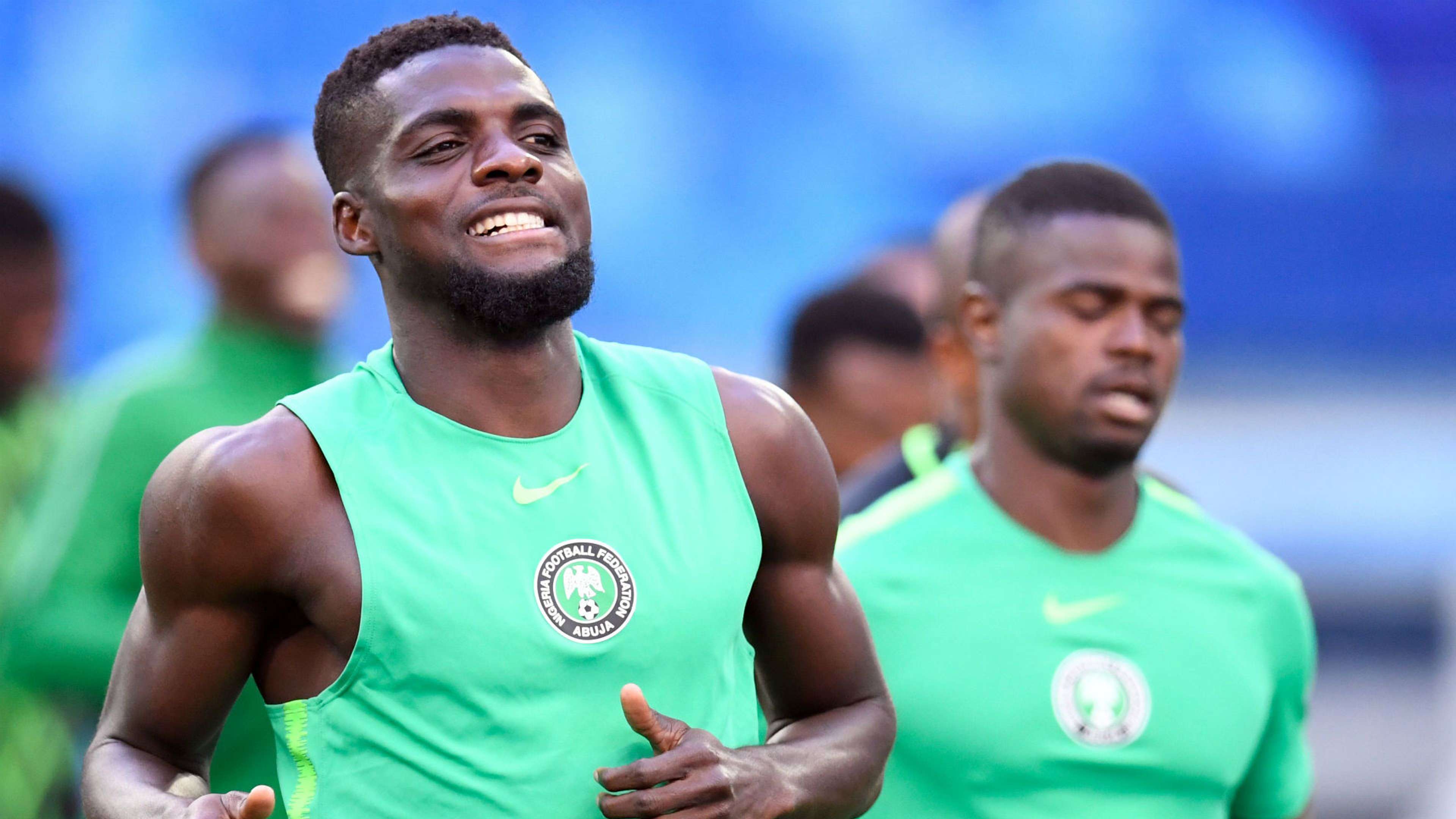 Getty
Getty
To be so willfully risk-averse, even against a team whose only real prospect lay in keeping the scoreline semi-respectable, may be construed as a virtue—the professionalism and sporting respect that dictates that no opponent be taken for granted. That would be unscrupulous to the extreme—this was, bluntly put, a lack of gumption.
It raises the question once again of whether Rohr is in fact the right profile of coach to lead the team going forward. There are no guarantees, and so perhaps the Nigerian football authorities feel justified in sticking with what they have, but the national side now has an exciting crop of talent knocking at the door, demanding not just ingress, but the evolution of a more proactive style.
Witness, for instance, the nine-minute cameo of Galatasaray's Henry Onyekuru, all snap and fizz and menacing intent. His yearning to take the reins of the side was visible, as is that of this team for something more deliberate, more refined and urgent.
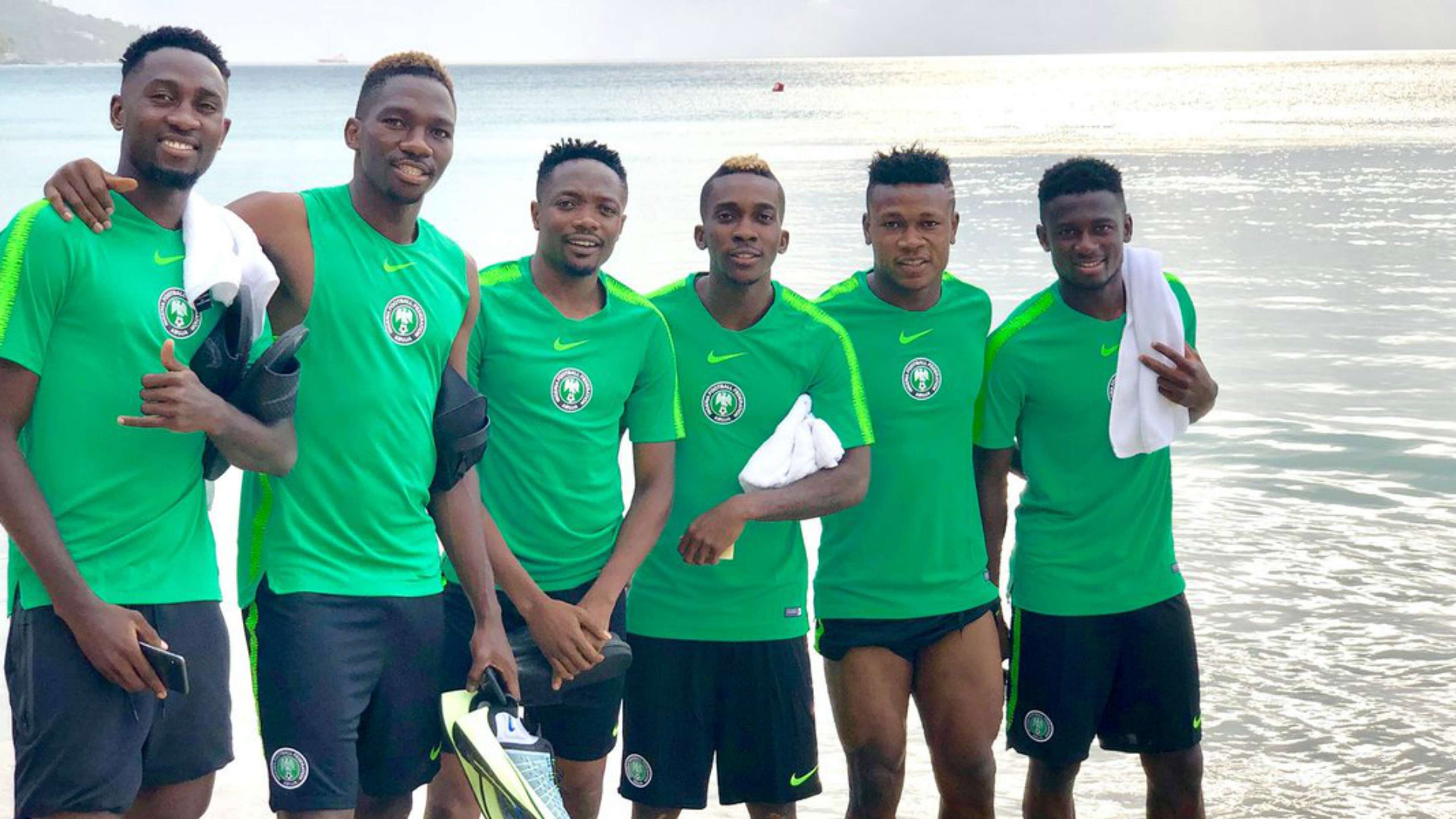 Henry Onyekuru/twitter
Henry Onyekuru/twitter
Instead, the team remains burdened and laboured in its play. With no attacking thrust from full-back, there was little chance to truly stretch the hosts; Samuel Kalu kept being shown infield, and much of the attacking was concentrated through the centre. Faced down by a massed Seychelles five-man defence, it was like running headlong into a brick wall, charging blindly with Odion Ighalo leading.
It was a predictable approach, and one which predictably was unlikely to work; no surprise then that the goals stemmed from three bits of individual brilliance: Ahmed Musa's volley which went in via the crossbar and the goalkeeper, Kelechi Iheanacho's free kick against the post for Awaziem to turn home, and Kalu's quick feet to win a penalty.
That pretty much captures why this result was so uninspiring in spite of the scoreline: in a tight game between equals, a team looks to individual brilliance to get an edge, but in a tie where the chasm is this wide, the overall footballing style and ideal should assert itself.
To have created so little of note in this game says a lot of mostly uncomfortable things.
Libya, against whom the Super Eagles will contest a double-header next month, will have nothing to fear on the basis of Saturday's display
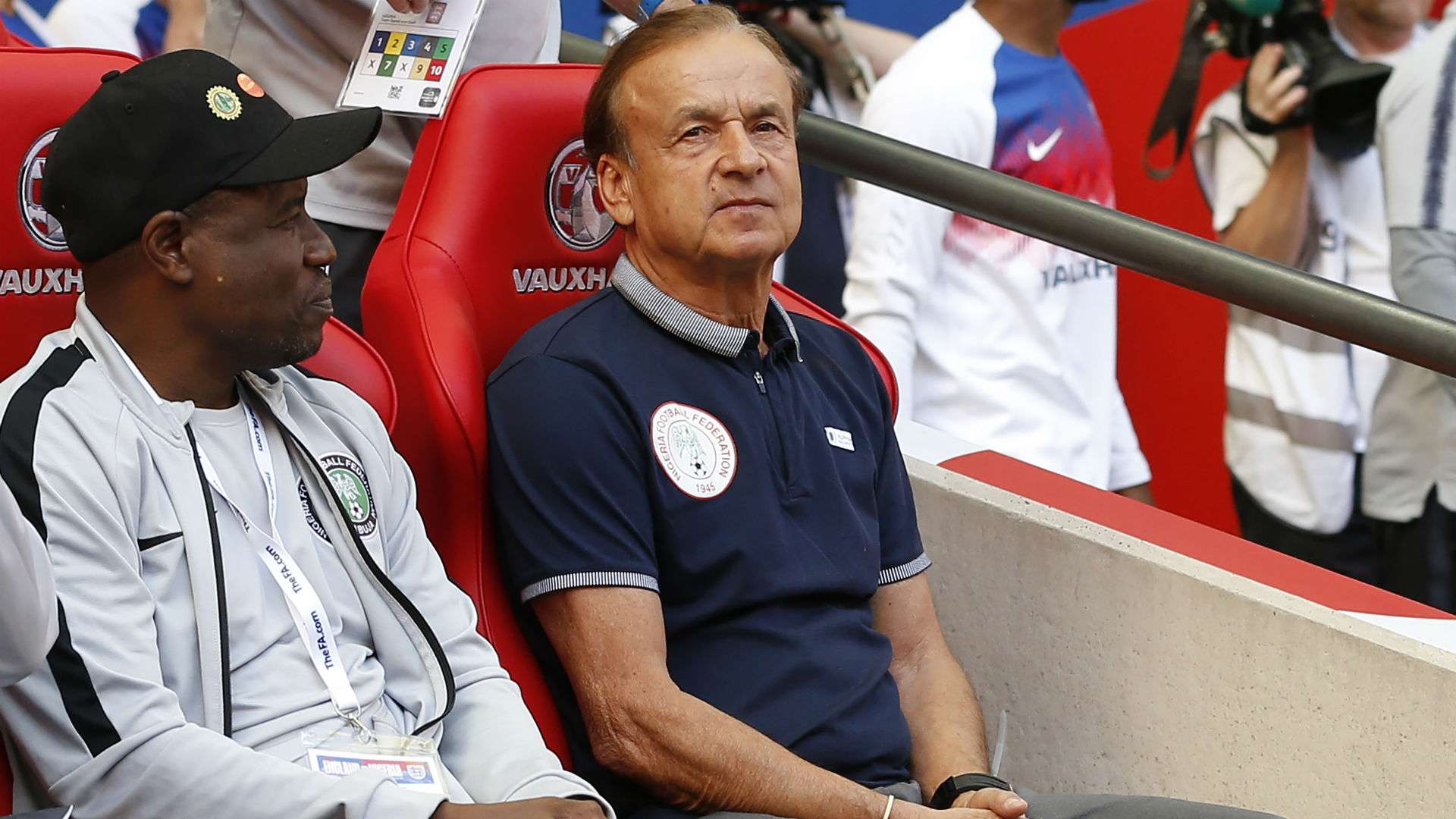
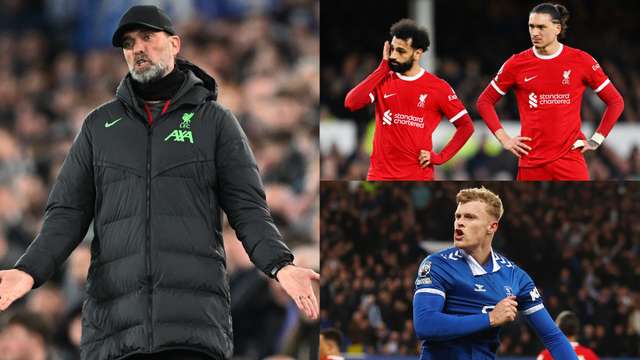
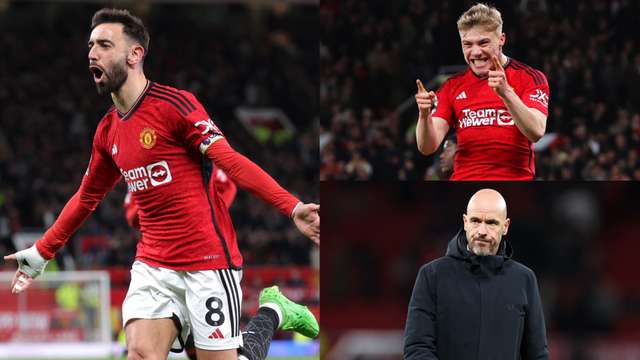
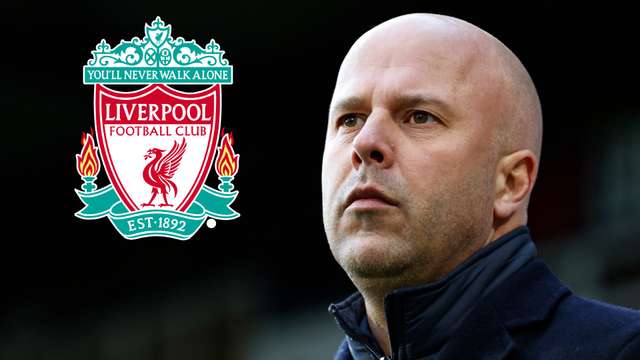
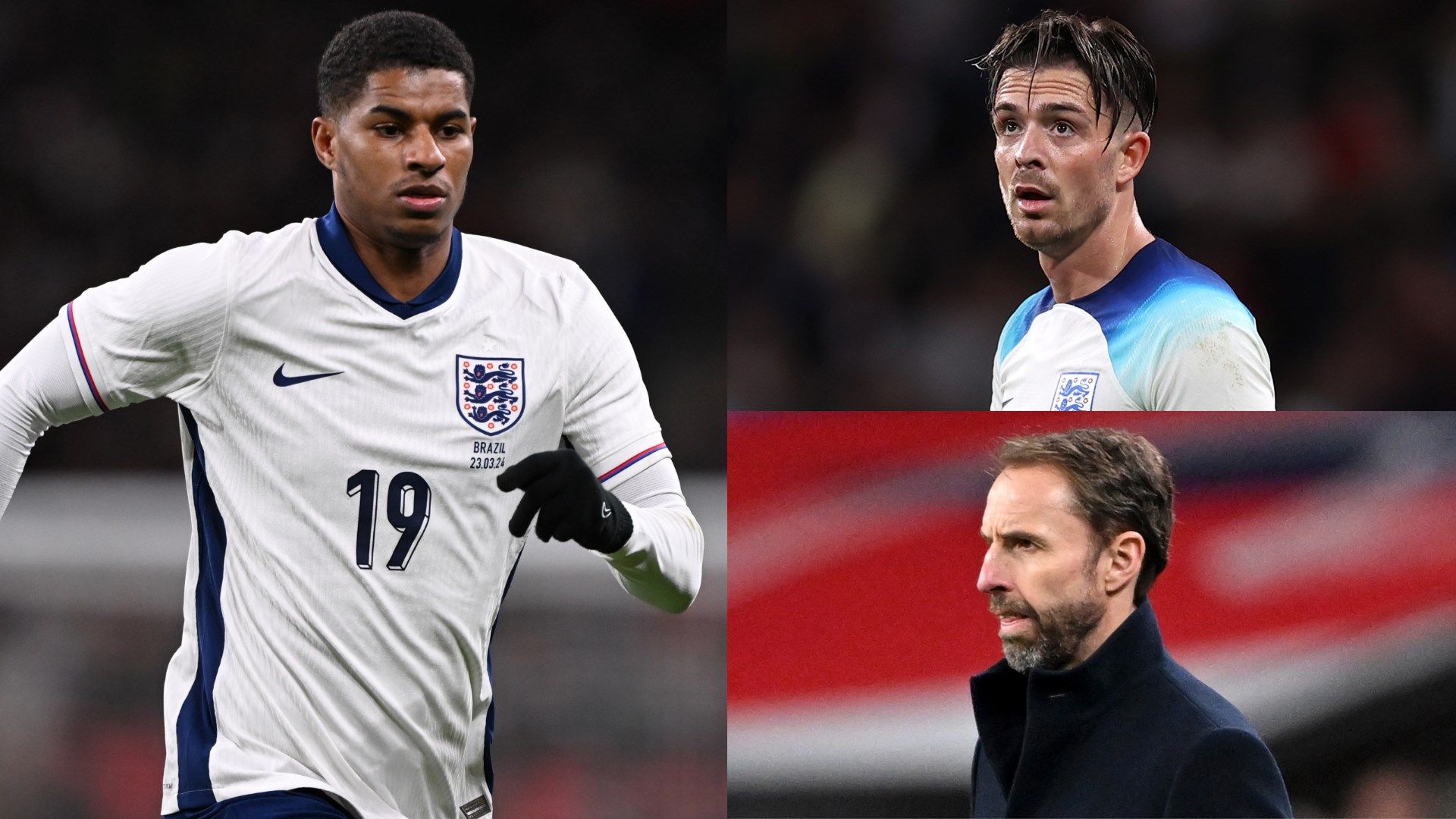.jpg?auto=webp&format=pjpg&width=640&quality=60)